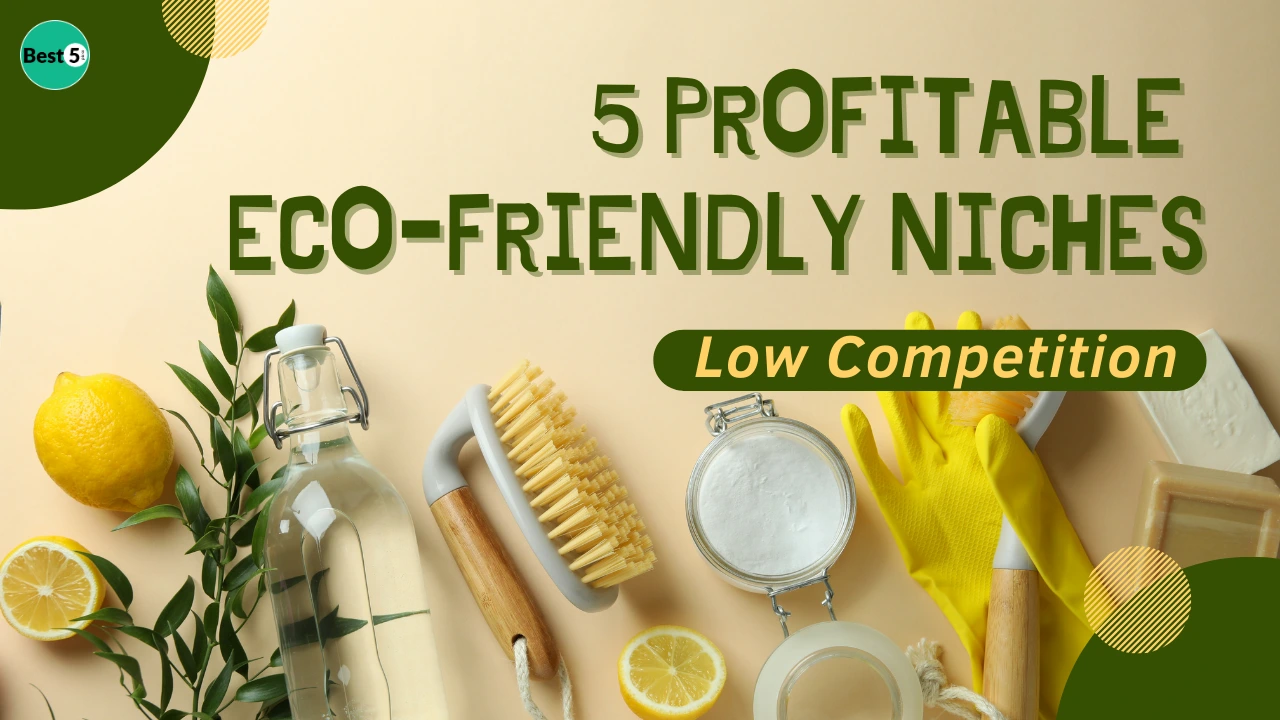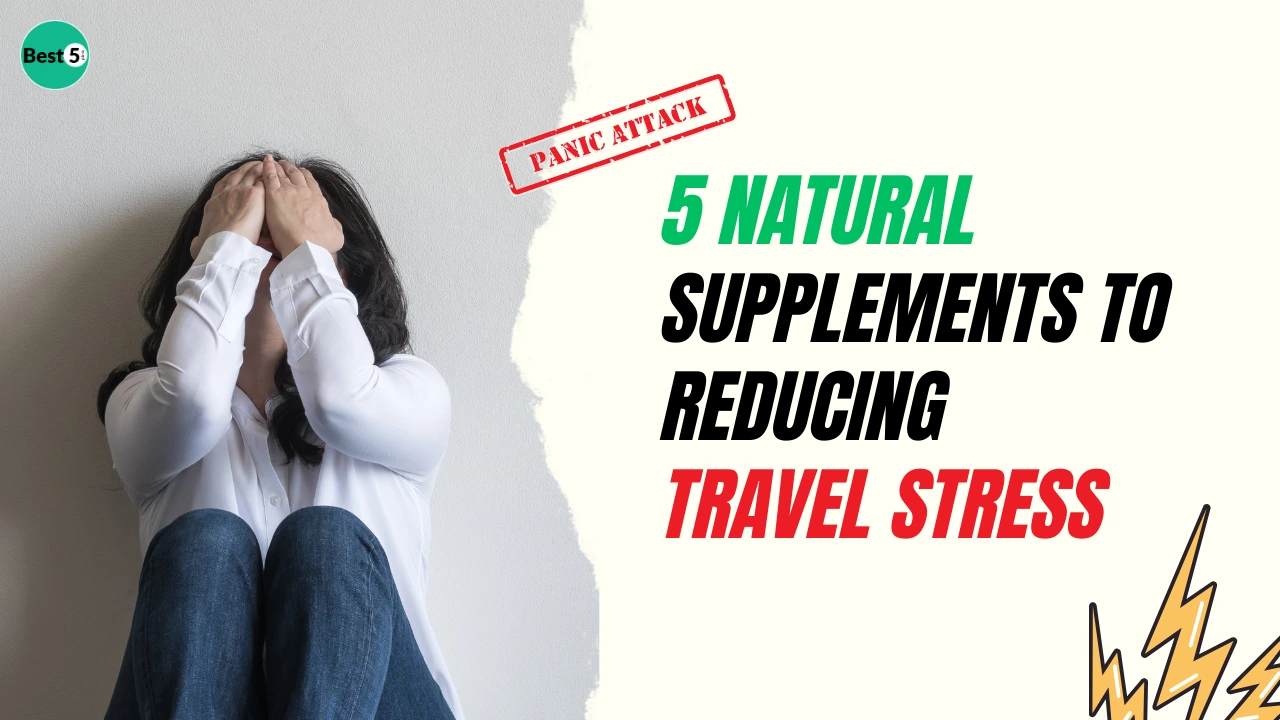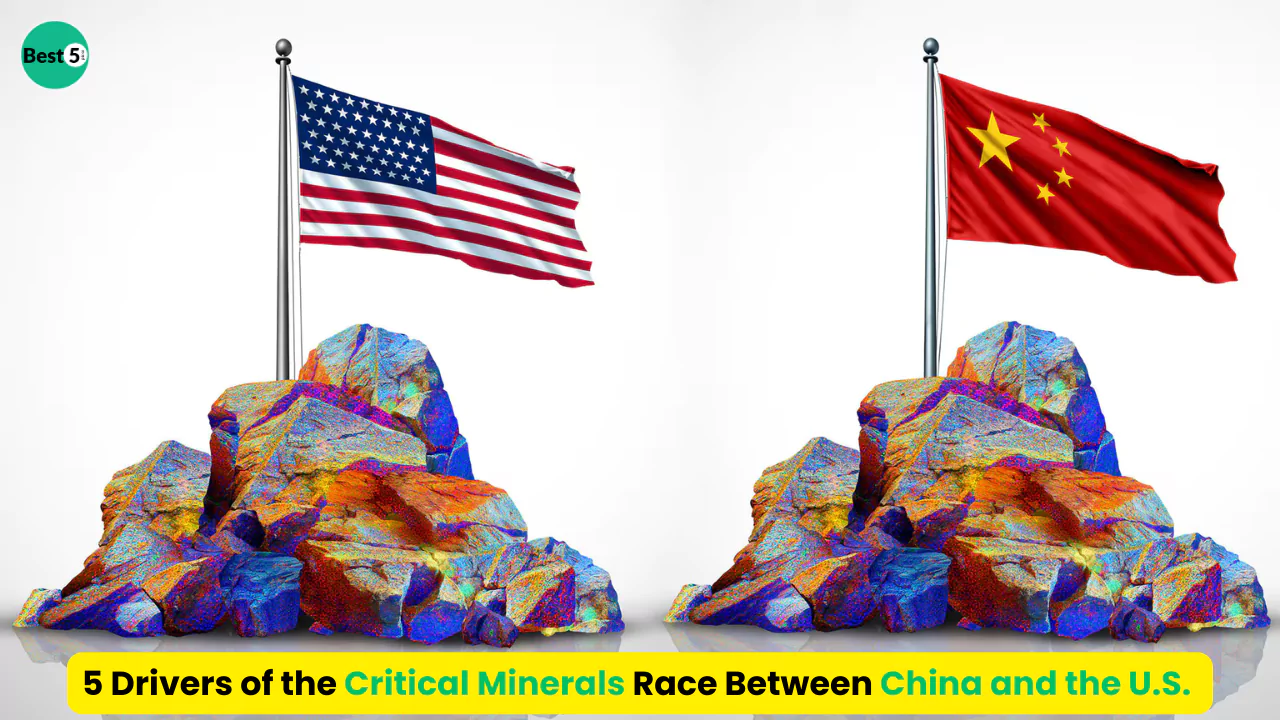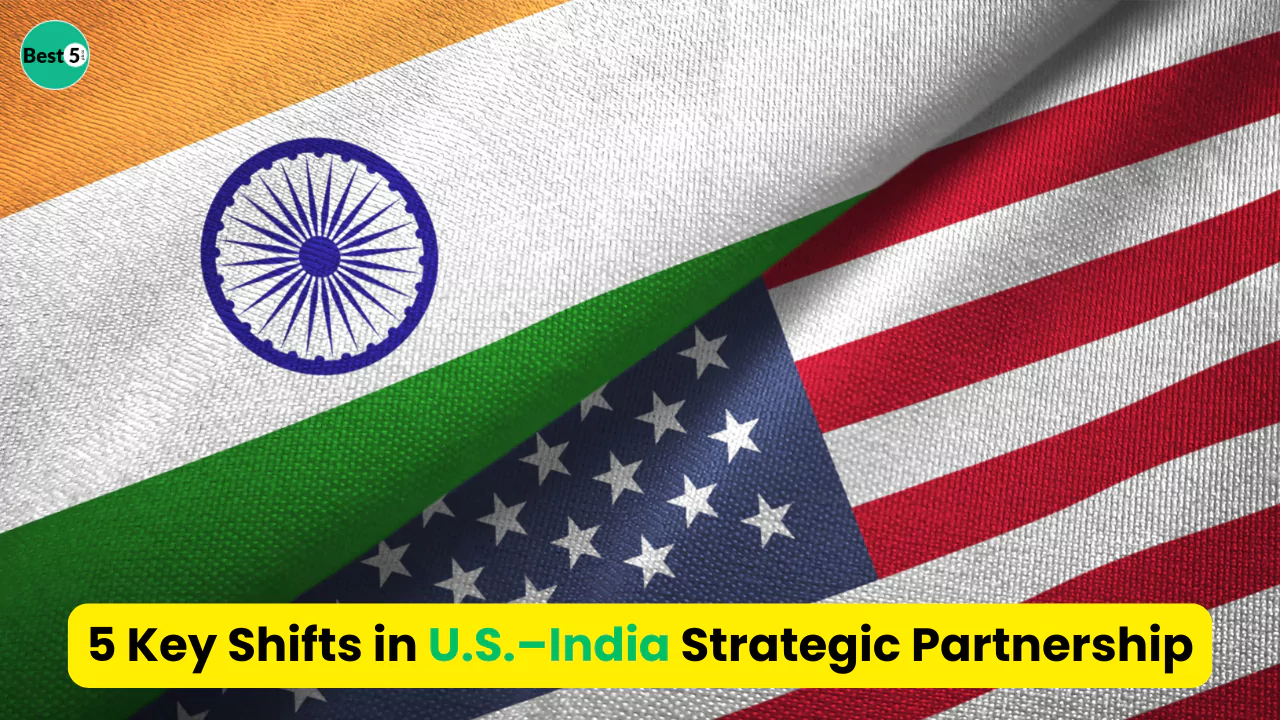The demand for sustainable and green solutions is rapidly growing as consumers shift toward conscious living. Businesses today are realizing that eco-friendly initiatives not only support the environment but also offer strong profitability. With 2025 marking a new wave of innovation, entrepreneurs are seeking profitable eco-friendly niches with low competition.
Identifying untapped opportunities is the key to success. By targeting niches that combine sustainability with consumer demand, businesses can stand out in the market and build long-term growth. In this article, we’ll explore 5 profitable eco-friendly niches with low competition in 2025, highlighting their potential, unique features, and why they are set to grow.
1. Eco-Friendly Packaging Solutions
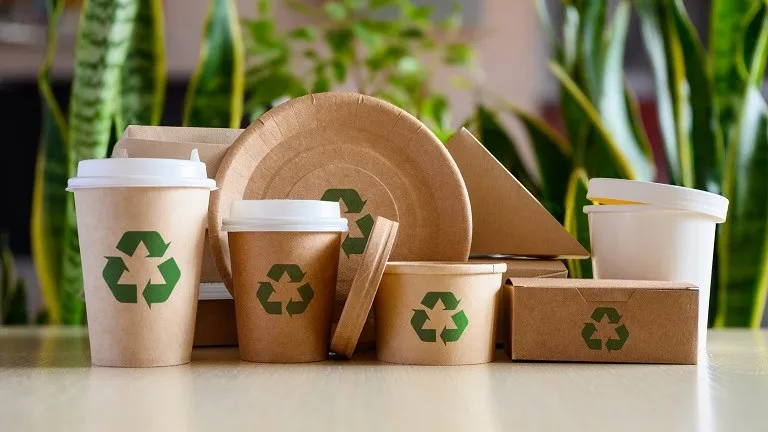
Key Features:
- Rising global demand for sustainable packaging
- Plastic bans driving innovation in biodegradable alternatives
- Low competition in regional and niche-specific packaging
- Opportunities for customized solutions for small businesses
- Scalability with e-commerce growth
Eco-friendly packaging has become a necessity with global plastic restrictions and consumer awareness increasing daily. In 2025, businesses using biodegradable, compostable, and plant-based packaging materials are gaining a competitive edge.
This niche is particularly profitable because small and mid-sized companies are looking for affordable alternatives to traditional plastic packaging. Customized and innovative packaging solutions tailored for industries like food delivery, cosmetics, and e-commerce create strong growth opportunities. Entrepreneurs who invest early in sustainable packaging technology can capture a rapidly expanding market before it becomes oversaturated.
2. Sustainable Fashion Accessories
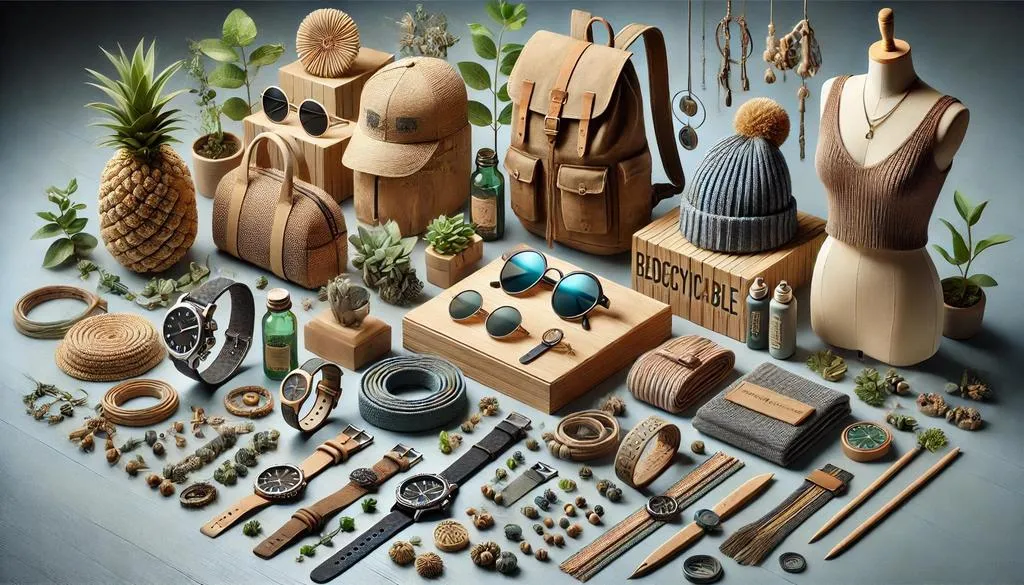
Key Features:
- Growing consumer preference for eco-conscious fashion
- Use of recycled and organic materials
- Low-cost production compared to high-end sustainable fashion brands
- Opportunities in online marketplaces and social media platforms
- Increasing demand for handmade and ethical products
Fashion has always been a high-demand industry, but in 2025, sustainable fashion accessories stand out as a profitable eco-friendly niche with low competition. Consumers want stylish yet ethical options, such as handbags made from recycled plastic, jewelry crafted from sustainable metals, and shoes designed from organic fabrics.
Unlike full-scale sustainable clothing lines, accessories require lower investment and offer higher margins. Entrepreneurs entering this niche can focus on limited-edition collections, custom-made products, and eco-friendly packaging to attract a loyal customer base. As the fashion industry becomes greener, this niche holds enormous potential for small startups and online sellers.
3. Renewable Energy Gadgets for Home Use
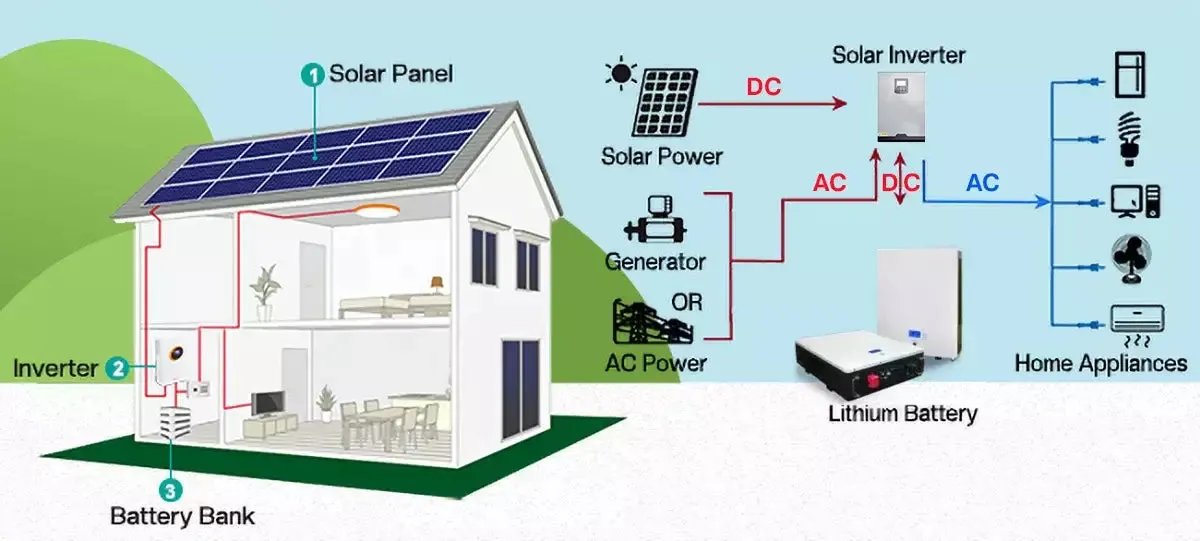
Key Features:
- Rising household adoption of renewable energy
- Small-scale solar and wind gadgets gaining popularity
- Opportunities in portable and affordable green devices
- Low competition in niche-specific energy solutions
- Government incentives promoting clean energy adoption
As renewable energy expands globally, smaller gadgets for home and personal use are emerging as a profitable eco-friendly niche in 2025. From portable solar chargers to mini wind turbines, households are embracing cost-effective renewable gadgets that reduce electricity bills and carbon footprints.
This niche remains relatively untapped because many companies focus only on large-scale energy solutions. Startups can specialize in compact, affordable devices such as solar-powered fans, energy-efficient lighting, and smart green appliances. With rising energy costs and government subsidies, renewable energy gadgets are expected to see exponential growth in the coming years.
4. Zero-Waste Personal Care Products

Key Features:
- Increasing demand for chemical-free and sustainable products
- Growing trend of zero-waste lifestyles worldwide
- Refillable and biodegradable packaging options
- Expanding opportunities in e-commerce and direct-to-consumer sales
- High profit margins with low production costs
Personal care products such as shampoos, soaps, deodorants, and skincare items are everyday essentials. In 2025, the market for zero-waste personal care products is thriving. Consumers are shifting toward sustainable options that are free from harmful chemicals and come in eco-friendly packaging.
This niche offers low competition in specific areas like refillable skincare products, biodegradable toothbrushes, and plastic-free deodorants. By offering transparency and eco-friendly branding, businesses can connect with environmentally conscious customers. With the rise of online shopping, small eco-brands can successfully compete against larger corporations.
5. Organic Urban Farming Kits
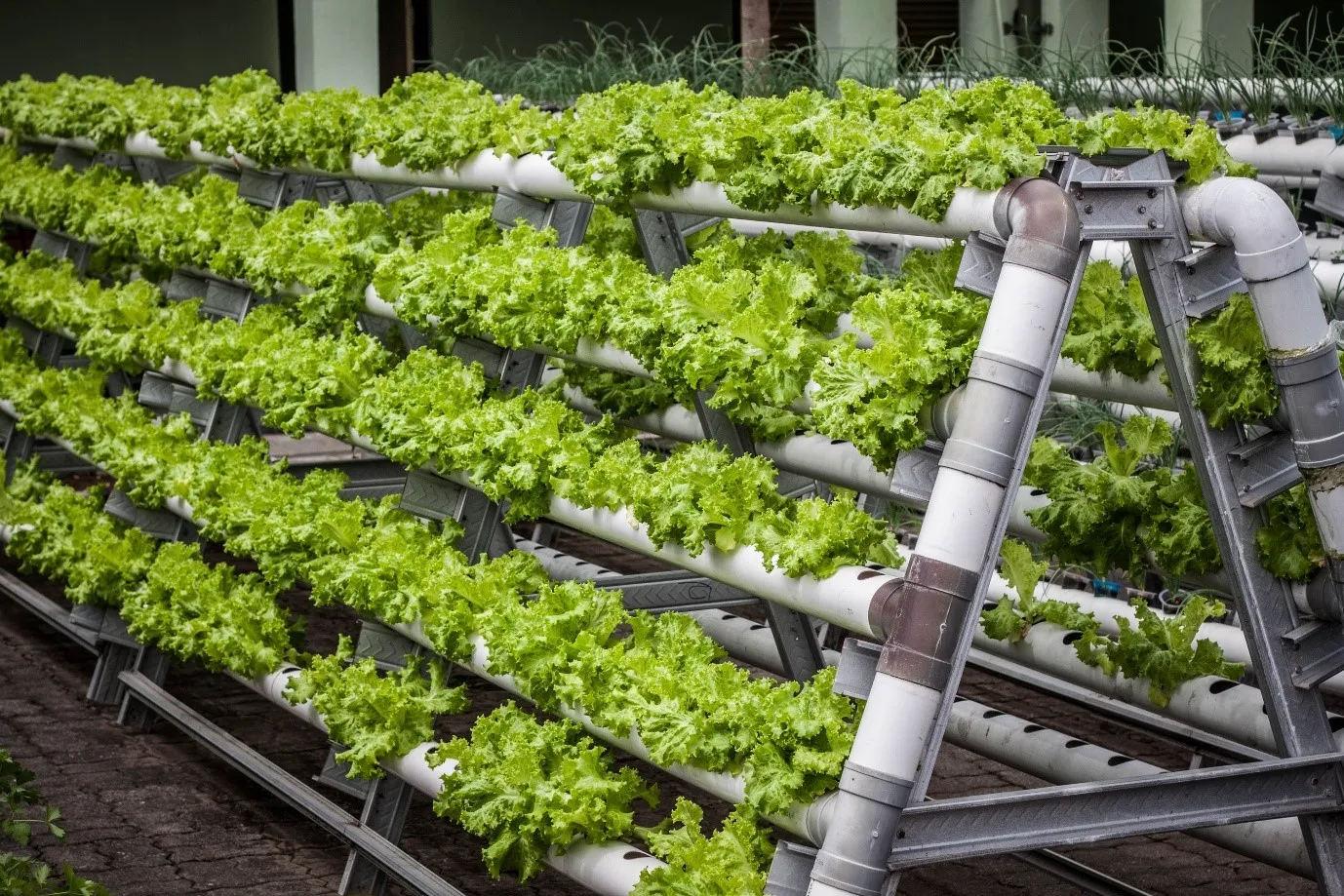
Key Features:
- Growing popularity of self-sufficiency and organic produce
- Rising demand for indoor gardening and DIY kits
- Affordable entry point with strong profit potential
- Niche appeal to urban dwellers and apartment residents
- Eco-friendly packaging and biodegradable tools enhance appeal
Urban farming has become more than just a trend—it is a lifestyle choice. With increasing awareness about food security and pesticide-free produce, organic farming kits are gaining traction in 2025. These kits usually include organic seeds, biodegradable pots, compostable soil, and user-friendly instructions.
The market is still underdeveloped, which makes it one of the most profitable eco-friendly niches with low competition. Entrepreneurs can sell starter kits for herbs, vegetables, and microgreens directly to consumers through online platforms. By targeting urban households and eco-conscious millennials, this niche provides high growth potential with minimal barriers to entry.
Conclusion – 5 Profitable Eco-Friendly Niches with Low Competition in 2025
In 2025, sustainable business models are no longer optional—they are essential for growth. The 5 profitable eco-friendly niches with low competition in 2025 include eco-friendly packaging, sustainable fashion accessories, renewable energy gadgets, zero-waste personal care products, and organic urban farming kits. Each of these niches combines rising consumer demand with strong profit potential and relatively low competition.
Entrepreneurs who act early can build eco-friendly brands that not only generate revenue but also contribute positively to the planet. By focusing on innovation, affordability, and sustainability, these niches can turn small ideas into thriving businesses while supporting a greener future.
Detailed Table of 5 Profitable Eco-Friendly Niches in 2025
| Niche | Key Features | Profit Potential | Competition Level | Target Audience |
|---|---|---|---|---|
| Eco-Friendly Packaging | Biodegradable, compostable, plant-based materials, customizable solutions | High | Low | Small businesses, e-commerce |
| Sustainable Fashion Accessories | Recycled materials, handmade items, affordable eco-fashion | Medium-High | Low | Fashion-conscious consumers |
| Renewable Energy Gadgets | Solar chargers, mini wind turbines, energy-efficient appliances | High | Low | Households, tech enthusiasts |
| Zero-Waste Personal Care | Chemical-free products, refillable packaging, eco-branding | High | Low | Health & eco-conscious buyers |
| Organic Urban Farming Kits | DIY gardening kits, organic seeds, biodegradable tools | Medium-High | Low | Urban dwellers, millennials |
FAQs on 5 Profitable Eco-Friendly Niches with Low Competition in 2025
1. What makes eco-friendly niches profitable in 2025?
Growing consumer awareness and demand for sustainable products drive profitability.
2. Why is eco-friendly packaging a good niche?
It is driven by global plastic bans and strong e-commerce demand.
3. Are sustainable fashion accessories in demand?
Yes, consumers want stylish, affordable, and eco-conscious options.
4. What renewable energy gadgets are profitable in 2025?
Solar chargers, portable turbines, and smart green appliances.
5. How can startups succeed in zero-waste personal care?
By offering chemical-free, refillable, and biodegradable products.
6. Why are organic urban farming kits popular?
They promote self-sufficiency and organic food production at home.
7. Are eco-friendly niches expensive to start?
Most require low to medium investment, especially online-based models.
8. How can businesses market eco-friendly products?
Through eco-branding, social media, and sustainability-driven campaigns.
9. Do eco-friendly businesses attract loyal customers?
Yes, eco-conscious consumers tend to stay loyal to sustainable brands.
10. Which eco-friendly niche has the lowest competition?
Urban farming kits and renewable energy gadgets currently have very low competition.
